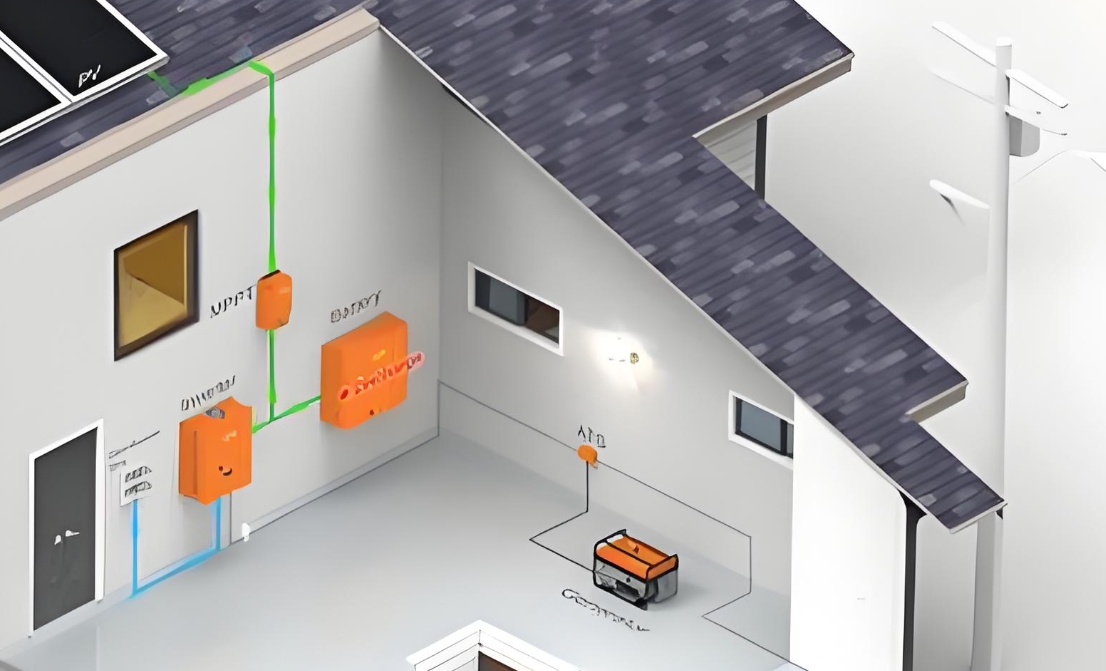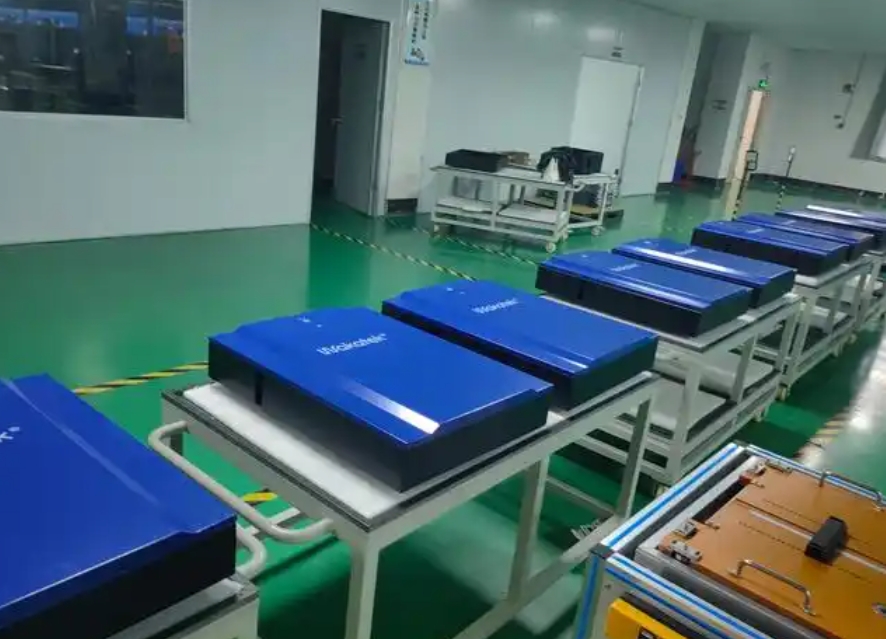lithium batteries for off grid solar
Lithium batteries, particularly lithium-ion batteries, have emerged as a preferred choice for off-grid solar systems due to their numerous advantages. Here's an overview of their key benefits and considerations:
Key Benefits
High Energy Density: Lithium batteries can store more energy in a smaller and lighter package compared to traditional lead-acid batteries. This is particularly valuable in off-grid systems where space and weight are constraints.
Long Lifespan: With proper maintenance, lithium batteries can offer a lifespan of several thousand charge-discharge cycles, which is significantly longer than lead-acid batteries. This reduces the frequency of replacements and overall maintenance costs.
Fast Charging: Lithium batteries can be charged more quickly than lead-acid batteries, allowing for more efficient use of solar energy even in regions with limited sunlight hours.
Low Self-Discharge: Lithium batteries have a lower self-discharge rate, meaning they retain more charge over time when not in use, which is beneficial for off-grid systems that may experience periods of low energy demand.
Considerations
Safety: While lithium batteries are generally safe, there are concerns about thermal runaway and fire risks, particularly in large-scale systems. Proper installation, maintenance, and monitoring practices are crucial to ensure safety.
Cost: Lithium batteries tend to have a higher initial cost compared to lead-acid batteries. However, their longer lifespan and reduced maintenance costs can offset this initial investment over time.
Compatibility: It's important to ensure that the lithium batteries are compatible with the off-grid solar system's inverter, charge controller, and other components.
Application in Off-Grid Solar Systems

In off-grid solar systems, lithium batteries serve as the primary energy storage device. They store the electricity generated by solar panels during daylight hours and provide power to the system's loads during night and cloudy days. The system's controller manages the charging and discharging of the batteries to maintain their health and prevent overcharging or over-discharging.
Conclusion
Lithium batteries offer a number of advantages for off-grid solar systems, including high energy density, long lifespan, fast charging, and low self-discharge. However, safety concerns and cost considerations must be taken into account when selecting and using these batteries. With proper installation, maintenance, and monitoring, lithium batteries can provide reliable and sustainable energy solutions for off-grid applications.


